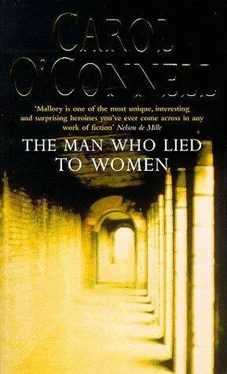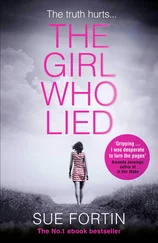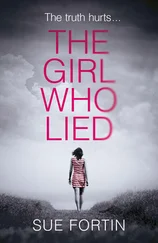He and Riker would never discuss the possibility that Mallory had brought down another cop. She had covered her tracks, always one person removed in the chain of evidence.
And in his hand, awaiting his signature, was the final paperwork to wrap up no less than three homicides. It was a rare, sweet day.
Like Malakhai’s delusion, his own had required him to be faithful to the logic of his creation. Amanda would not come back again; he knew that. She was a woman who loved children.
How mad was he? He touched the button to the CD player, and the real and solid music which Mallory had given him swelled up and out from the center of his consciousness. His eyes were cast down at the desk, and his head slowly bowed. When the music ended, he sat quietly in the gloaming, the after-dinner hour when the office shadows were the deepest.
But now, in sidelong vision, he saw the woman taking shape in the darkness, coming to life for him, walking toward him into the light.
Mallory.
She sat on the edge of his desk and waited until he lifted his face to hers.
‘Justin is going to a funny farm for the very rich. I thought you’d want to know.’
‘You think it’ll do much good?’
‘No. I think he was born that way.’
‘Still, he’s only a child.’
‘A killer.’
A child.
‘What did the district attorney think of your camera work?’
‘He was thrilled. Two killers, and three murders on one roll of tape. What a saving for the taxpayer.’
He couldn’t make out her face in the gathering darkness, but thought she was smiling.
‘The Civilian Review Board might think I shot the cat,’ she said. ‘But they haven’t charged me yet.’
He smiled too, though against his will and against his state of mind.
‘Well, you’ve got the video.’
‘I don’t have those last few minutes on tape.’ Which was Mallory’s way of saying she had erased the part where he had opened fire on a little boy, and therefore, it had never happened. Every now and then, she surprised him with unexpected insight and delicacy.
‘That took balls, Charles. Faking him out with an empty gun.’
She eased off the desk and padded out of the room, followed by the cat, which made more noise on its feet, less graceful now with the weight of its new bandage. A trace of perfume lagged behind, and it was a few minutes more before Mallory was altogether gone.
In the romantic literature of another age, a woman might have asked, ‘Wouldst thou slay a dragon for my sake?’ But the world had changed, was changing still, and the monsters were cruelly deceptive in their different faces. In the bizarre romance near the edge of a new century, Mallory might ask, ‘Wouldst thou slay a child for my sake?’
She had a code of sorts, and never would she ask, but the question would always hang between them. And if he could ever bring himself to it, he would tell her, yes – for he had believed the gun was loaded when he shot the boy, and shot to kill – for Mallory’s sake.

Born in 1947, Carol O'Connell studied at the California Institute or Arts/Chouinard and the Arizona State University. For many years she survived on occasional sales of her paintings as well as freelance proof-reading and copy-editing.
At the age of 46, Carol O'Connell sent the manuscript of Mallory's Oracle to Hutchinson, because she felt that a British publisher would be sympathetic to a first time novelist and because Hutchinson also publish Ruth Rendell. Having miraculously found the book on the 'slush pile', Hutchinson immediately came back with an offer for world rights, not just for, Mallory's Oracle but for the second book featuring the same captivating heroine.
At the Frankfurt Book Fair, Hutchinson sold the rights to Dutch, French and German publishers for six figure sums. Mallory's Oracle was then taken back to the States where it was sold, at auction, to Putnam for over $800,000.
Carol O'Connell is now writing full time.
***















